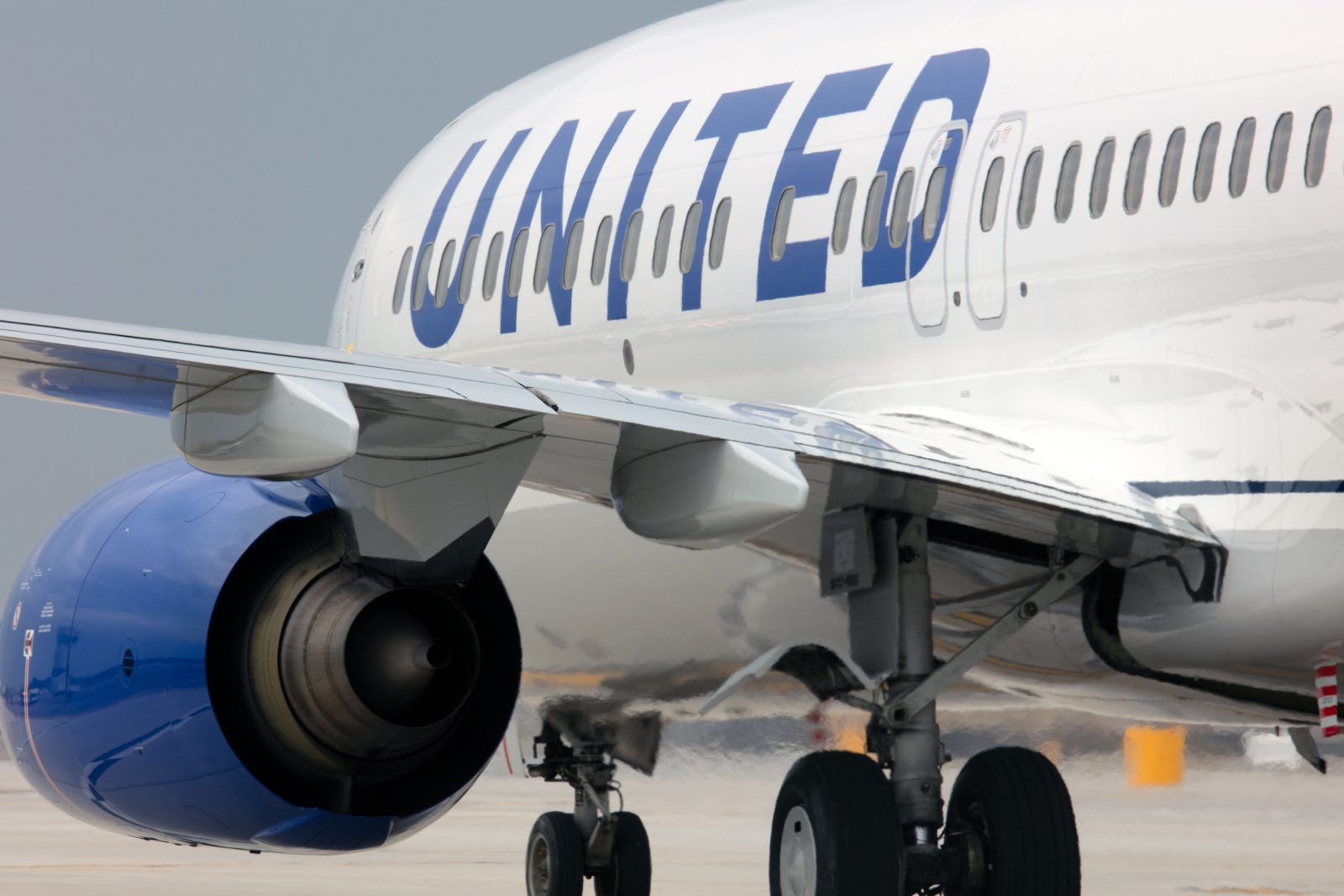
The planned rollout of cellular 5G services across the United States from tomorrow will have a “devastating impact” on the aviation industry warned United Airlines boss Scott Kirby on Monday. Kirby joined other airline and aviation leaders in a desperate plea to the White House for a Presidential intervention in their dispute with telecom giants AT&T and Verizon.
United believes as many as 15,000 flights and 1.25 million of its passengers could be grounded annually if the rollout goes ahead as planned on January 19. The service providers had already agreed to a two-week delay during which safety issues were meant to have been ironed out but the Federal Aviation Administration (FAA) remains concerned.
The latest U.S. rollout of 5G services will use mid C-Band frequencies which the telecom providers hope will allow consumers to get closer to the full potential of what 5G has to offer. The spectrum was approved and sold off by the Federal Communications Commission (FCC) in early 2021 and was meant to go live on January 5, 2022.
The airline industry, aircraft manufacturers and the FAA are worried that the C-Band frequencies used for the 5G rollout are too close to the frequencies used by aircraft radio altimeters. The radio altimeters are used at low altitudes and allow planes to perform fully automatic landings in low visibility or poor weather.
On Sunday, the FAA said it had cleared two radio altimeter models for use in areas covered by C-Band 5G. But aircraft including the Boeing 777 and 787 Dreamliner, Airbus A220 and A380 do not have approved radio altimeters installed and would not be able to land in low visibility conditions at 88 airports directly affected by 5G C-Band interference.
“When deployed next to runways, the 5G signals could interfere with the key safety equipment that pilots rely on to take off and land in inclement weather,” warned Kirby in an open letter on Monday.
His sentiments were echoed by Airlines for America, a trade group that represents United along with the likes of American Airlines, Delta, Southwest and jetBlue.
“Commercial aviation in the United States is facing major disruption of the traveling and shipping public based on our evaluation of the data and discussions that have been ongoing to resolve the issue of how best to deploy 5G ‘C-Band’ in a safe manner around U.S. airports,” the letter warned.
“Immediate intervention is needed to avoid significant operational disruption to air passengers, shippers, supply chain and delivery of needed medical supplies. The harm that will result from deployment on January 19 is substantially worse than we originally anticipated.”
The FAA has issued around 1,500 ‘Notices to Air Missions’ (NOTAMs) which will restrict the use of automatic landings at some of the busiest airports in the United States including New York JFK and Los Angeles International Airport.
The industry is calling on a buffer zone around key airports of at least two miles but the telecom giants and the FCC believe airlines and the FAA overreacting. They point out to the successful rollout of C-Band 5G in several other countries without any interruption to aviation as evidence that there isn’t anything to be worried about.
The FAA has countered that other countries, like France, where C-Band 5G is in use have done so at lower power levels than what’s planned in the United States and have effective buffer zones around airports.
The White House is yet to respond.
Mateusz Maszczynski honed his skills as an international flight attendant at the most prominent airline in the Middle East and has been flying ever since... most recently for a well known European airline. Matt is passionate about the aviation industry and has become an expert in passenger experience and human-centric stories. Always keeping an ear close to the ground, Matt's industry insights, analysis and news coverage is frequently relied upon by some of the biggest names in journalism.







